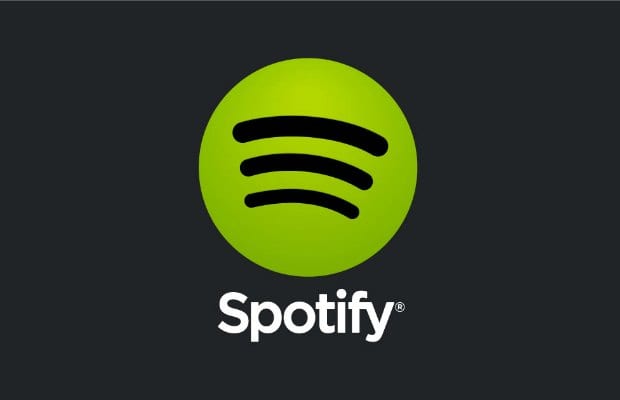Music
Is the Music Industry Turning Its Back on Streaming?

Despite the growing popularity of streaming music, many in the music industry are questioning its financial value.
Taylor Swift recently pulling her music from Spotify has sparked a conversation about the commercial viability of streaming music. Streaming is expected to become the main way consumers listen to music digitally. Billboard even utilizes streaming numbers to calculate rankings on its Billboard 200 chart. However, many are unsure that revenues from streaming music will be enough to support those who create the music.
“The key question is: Are the free, ad-supported services taking away from how quickly and to what extent we can grow these paid services?” Sony Music Chief Financial Officer Kevin Kelleher said at a recent meeting with investors in Tokyo.
Many country artists, including Jason Aldean, Brantley Gilbert and Justin Moore, have followed Swift and removed or limited their music that is freely available on Spotify.
Songwriters and publishers are also not satisfied with free music streaming services. “The ad revenue supporting the free-to-listener part of the Spotify model provides insufficient compensation to artists and labels for their creative work,” Mike Steinberg, senior vice president of licensing for Broadcast Music, Inc., said. “And, since songwriters and publishers are getting only a small fraction of that, you can imagine the frustration and dissatisfaction we are hearing from them.”
Songwriter Randy Clawson also commented on the topic, saying, “I personally think that streaming services are an amazing technology and have an exciting future — if they can figure out a way to properly compensate the people that are providing them with the product they are selling. If they can’t, they need to go out of business.”
However, streaming music services do benefit some artists. For new artists, it can help bring exposure to their music and gain fans.
“We are in a unique moment in time where access model/streaming is starting to scale, but we haven’t hit the full revenue potential of the model yet,” Roper said in an email to the Associated Press. “Once we hit subscriber numbers of 50 million, the debate will be nonexistent.”
“Spotify is in a tough spot for what Taylor’s precedent means for how other superstars will interact with the service,” Roper added. “They are under a lot of pressure to increase premium subscribers and grow the per-play rate quickly. We are still in the infancy of this market and the general public is uninformed on how it works.”